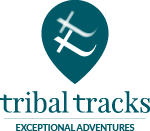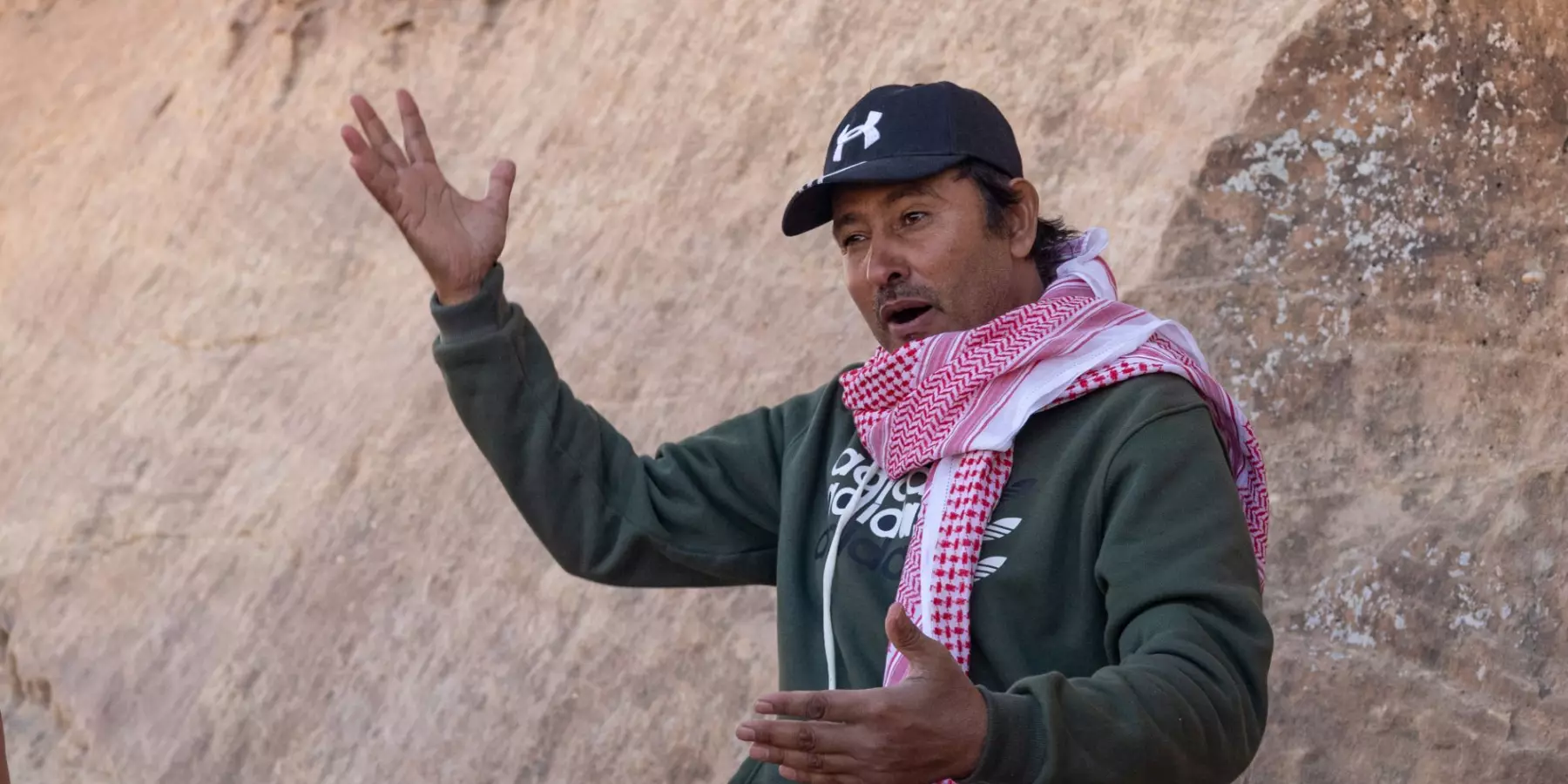
Core to our business is the belief that our adventures can and should be enjoyable to the traveller, but at the same time, they should be conducted in a socially, environmentally and economically responsible manner which brings benefit to local communities. This is implemented through a variety of measures that we outline here.


All of our itineraries are conducted in conjunction with a carefully selected local partner that has been rigorously vetted to ensure that they operate in a responsible manner. Although there may sometimes be ‘westerners’ employed in some positions within the company, one of our key requirements is that our local partners are primarily staffed by local people. We feel that this not only helps to ensure that tourism wealth is retained within each country, but also that this enables us to create better itineraries.
Where possible we also ensure that local partners are owned by local people rather than by foreigners. In the small number of cases where this has not been possible the foreign owner permanently resides in the country concerned and therefore we feel that the tourism wealth is still primarily being retained.
Many of our itineraries utilise tourist guides to take families around important sites, for example, Petra. These guides are always local, without exception. Our experience is that our groups greatly enjoy the insight into the local culture and way of life that can be provided by a local guide.
We also find that local guides are particularly good at providing our groups with guidelines on how to behave in certain places and situations – for example ensuring that they remove their shoes before entering temples, not pointing the soles of the feet at people, not patting children on the head etc.
When selecting hotels, we generally look for smaller establishments that are locally owned, rather than large international chain hotels. This not only ensures that money stays within the local community, but also usually provides a better experience for our clients. Smaller establishments are often particularly well suited to our groups and provide a level of service that is not often replicated in larger properties. In addition, the staff and suppliers for smaller locally owned hotels are almost always from within the country concerned, which retains tourist wealth. Note that in some locations we have no alternative but to use larger hotels, but we try to keep this to a minimum.
Prior to a trip departing, we send all clients a set of detailed trip notes which not only include an in depth overview of their adventure, but which also provides responsible travel guidelines that are specifically tailored to the country to which they are travelling.
While on tour, our local guides are on hand to provide relevant advice on how to behave in an appropriate and responsible manner.
One of the main issues in many of the countries in which we operate is the excess of plastic bottles used by tourists that are not recycled, or cannot be recycled due to lack of recycling capabilities. This is a difficult problem to address as often the local water is unsafe to drink. However, wherever it is practically possible, we will use large jerry can sized water canisters which can be used to refill smaller bottles, on a daily basis. We have also partnered with Water To Go to provide a safe, sustainable water on the go solution.
When a tour is taking place (in a Muslim country) during Ramadan we give advice on how to behave in an appropriate manner. Although we do not advise travellers to fast during daylight hours, we do ask them to eat and drink only when in our tour transport or when in tourist restaurants. We also request that they dress more conservatively than normal, refrain from smoking and are particularly careful to avoid any public displays of affection.
Our intention is to provide travellers with an in-depth insight into the country in which they are travelling. One of the best ways to achieve this is to arrange a visit to a local community and, in particular, a homestay. The visit can be relatively short, for example a lunch with a local family, or it can involve spending the night with a local family in their home, eating meals with them and joining in community activities.
When selecting an appropriate destination for a visit we try to ensure that the money that is spent will benefit the whole community.
Our primary focus is on social rather than environmental projects as these are more prevalent in the destinations that are most popular with Tribal Tracks. However, as we develop our programmes in other areas, particularly Africa, we intend to introduce visits to environmental projects where possible.
Our office is run in an extremely environmentally responsible manner. We operate an almost exclusively paper free office, the only exceptions being areas beyond our control such as registration documents etc. This paper free philosophy also extends to our promotional material which is almost exclusively online. We do not produce brochures.
A cornerstone of our operating procedure is that we pay all suppliers in a timely manner. This is enormously important to the types of suppliers that we use as they are generally small. In addition we find that this means that our clients are particularly well looked after as the suppliers enjoy their relationship with Tribal Tracks.
Have a question about Tribal Tracks? Get in touch, our small team will be delighted to help.